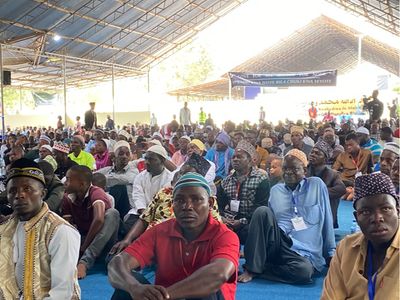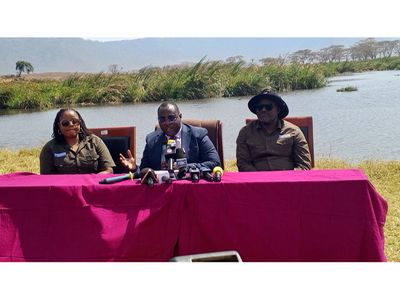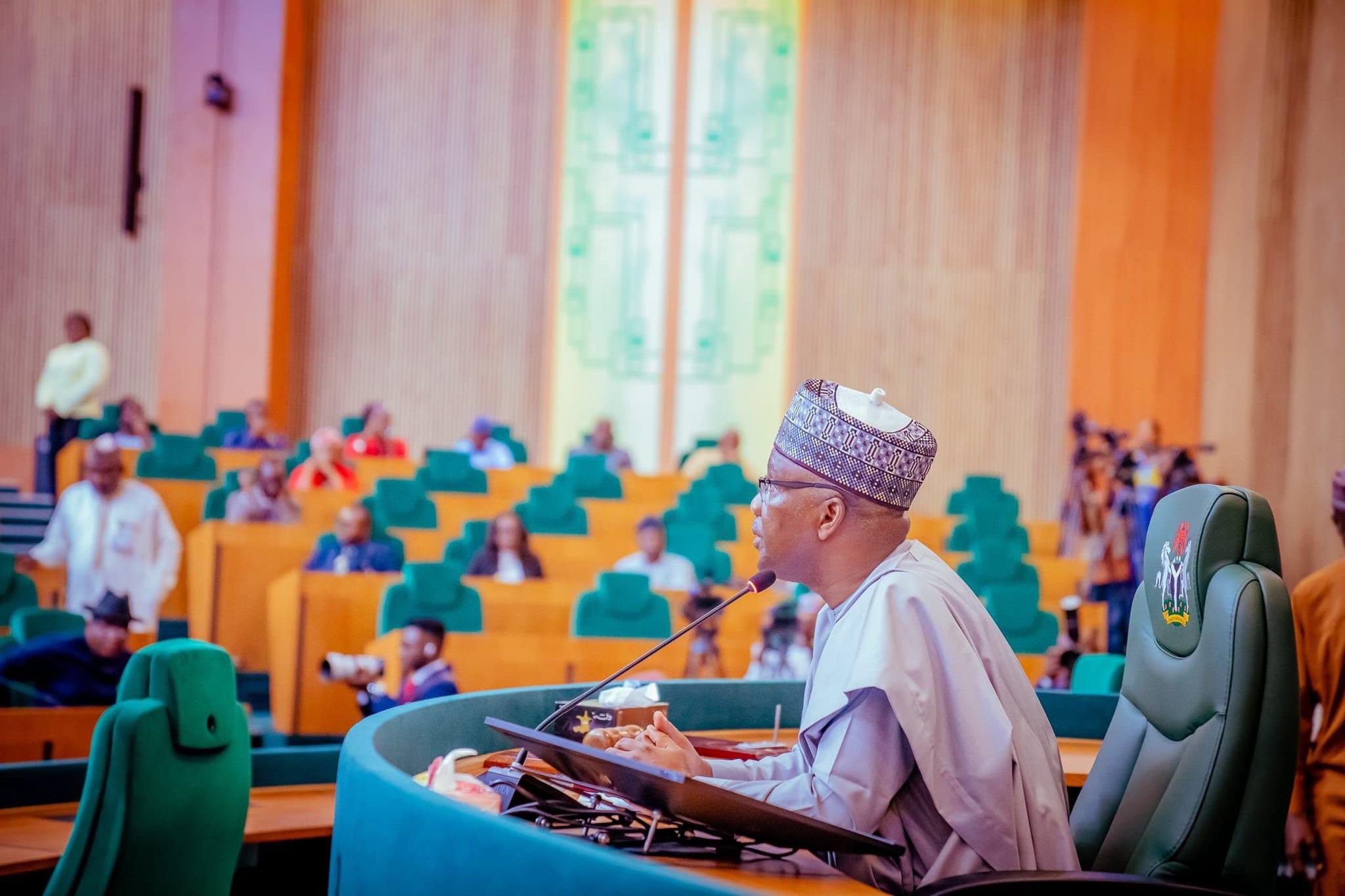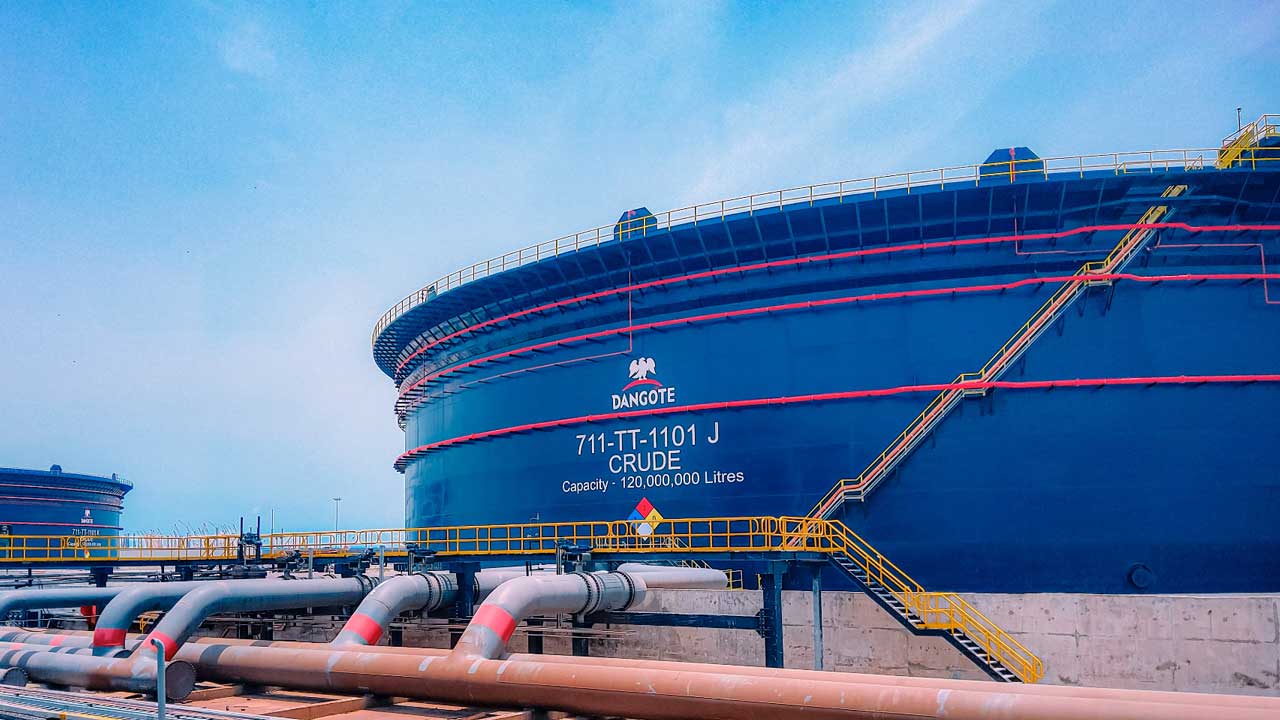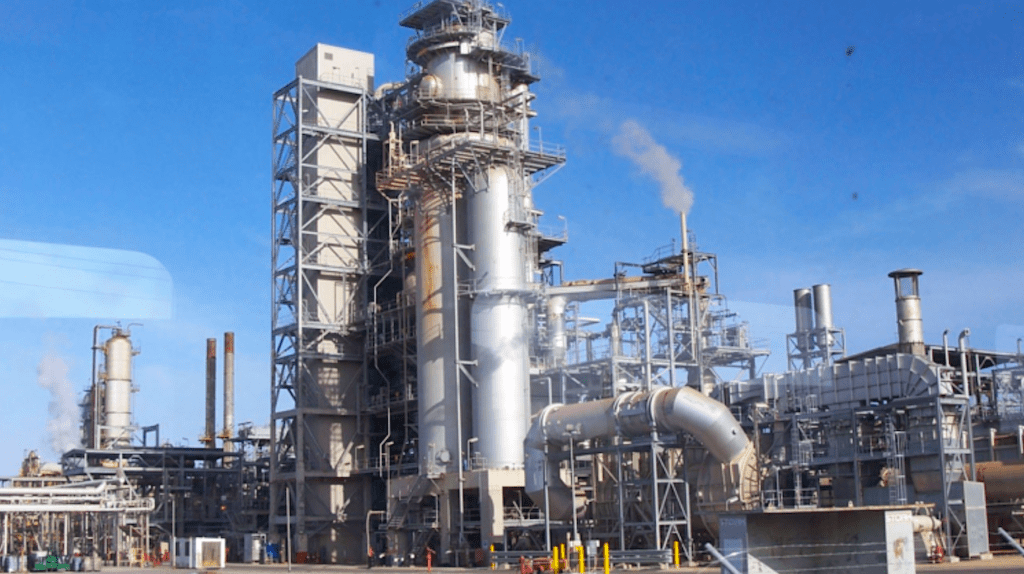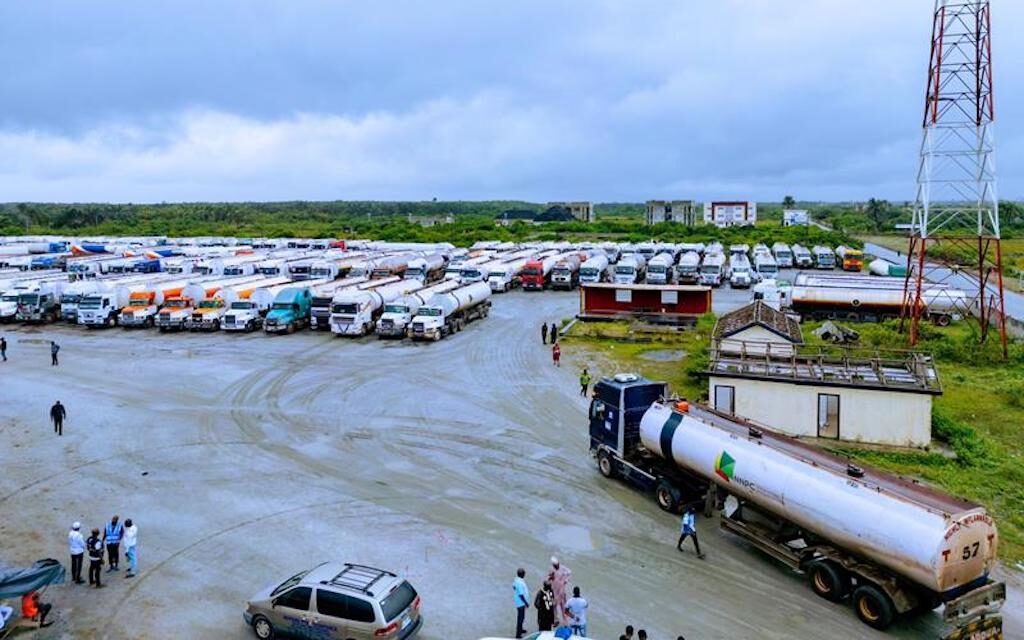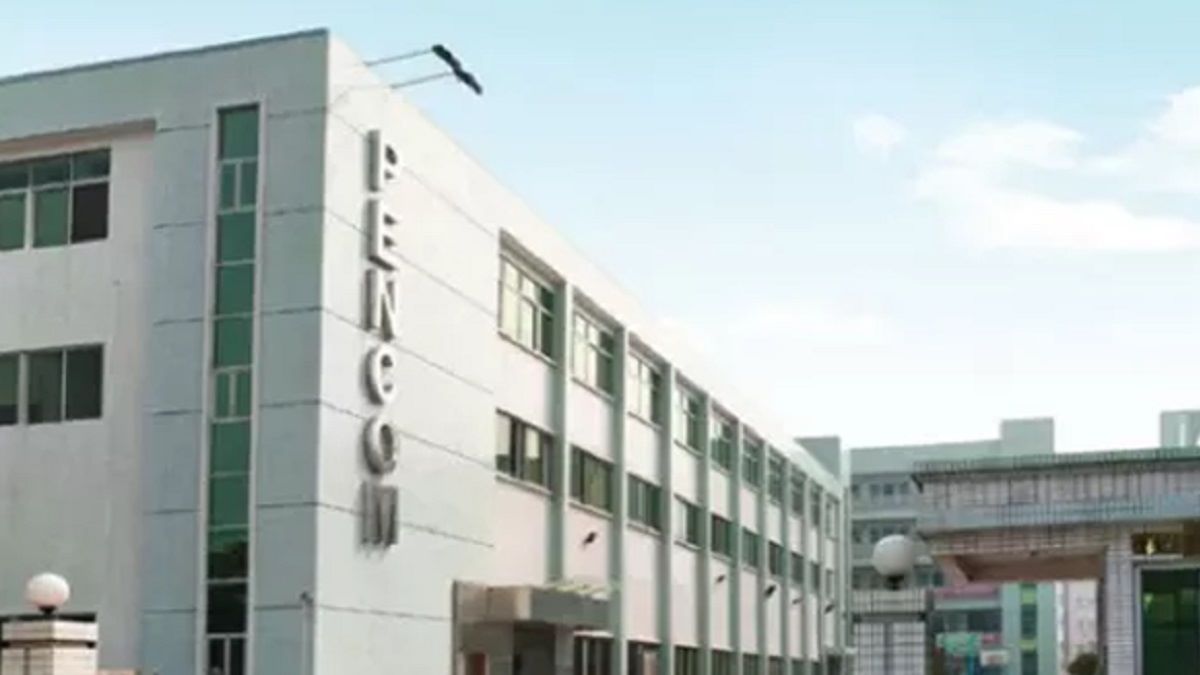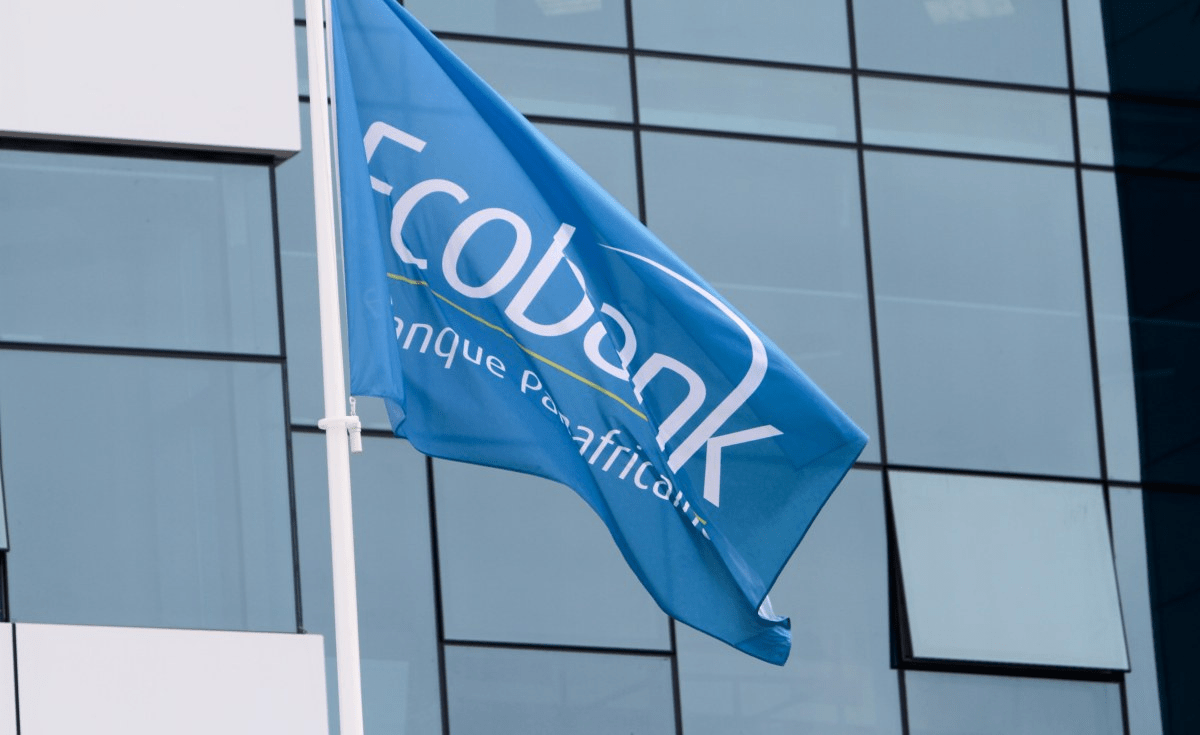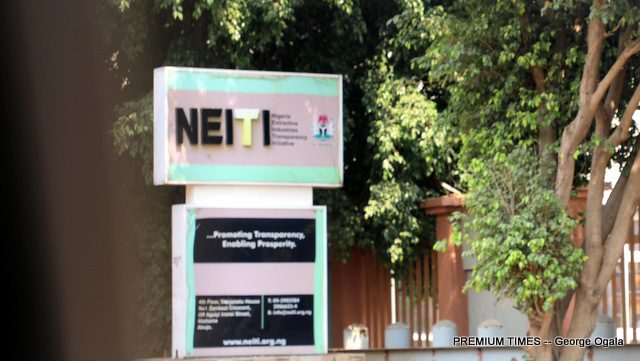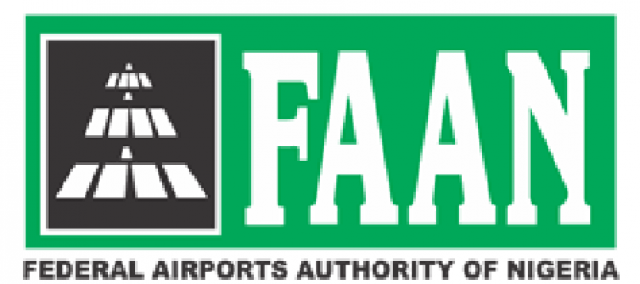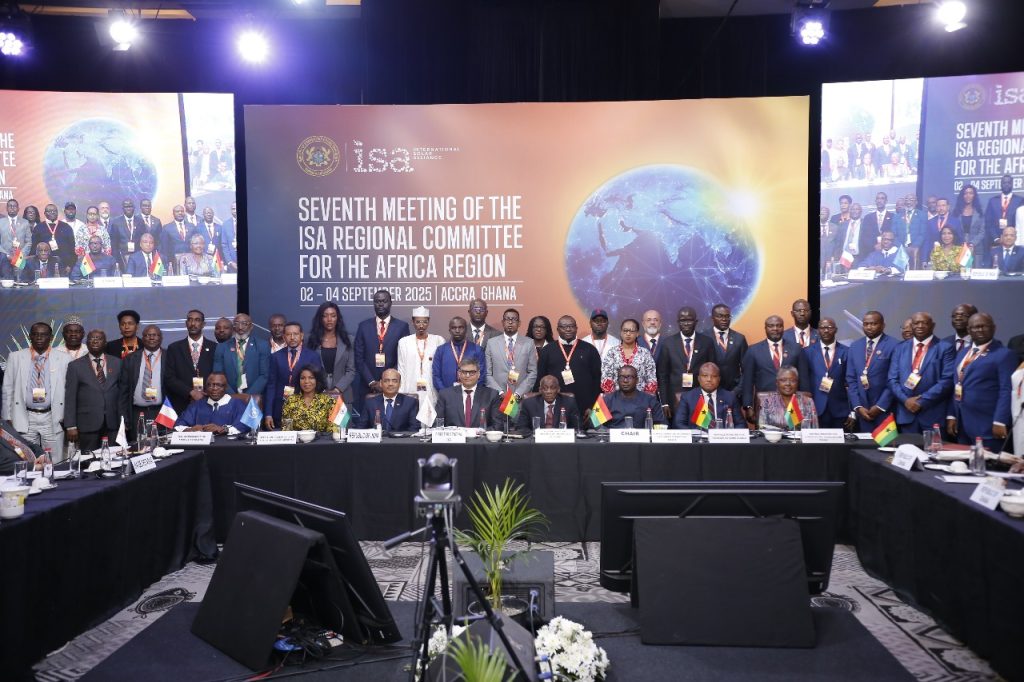
Ghana and the International Solar Alliance (ISA) have deepened their partnership to accelerate Africa’s solar energy transition, as Accra hosted the Seventh Africa Regional Committee Meeting of ISA from 2 to 4 September.
Speaking at the three-day conference, President John Dramani Mahama, in a keynote address delivered on his behalf by Presidential Advisor on the Economy Seth Terkper, described Ghana’s hosting of the meeting as both a privilege and a responsibility.
“The sun shines on all of us equally, but its promise can only be fully realised if we harness it together. Ghana stands ready, Africa stands ready,” the President stated.

President Mahama highlighted the paradox of Africa’s solar potential, noting that while the continent holds 60% of the world’s best solar resources, it accounts for only 3% of global solar photovoltaic capacity. He pointed out that Africa attracted about US$40 billion in solar investments in 2024, compared with just US$2.6 billion in 2021, but still draws less than 3% of global clean energy financing.
“We must correct this imbalance by securing increased concessional financing for African renewable energy projects, developing risk-sharing mechanisms to lower capital costs, and localising solar manufacturing to create jobs for our youth,” he said.
Ghana’s own domestic agenda, he explained, is anchored on the Ghana 24 Plus Economy, the Energy Transition Framework, and the “Big Push Agenda” — all of which place solar power at the heart of the country’s development strategy. The goal is not only to meet net zero emissions by 2070 but also to leverage solar as a driver of industrialisation and job creation.
“Solar energy is thus transformed from a climate solution into a powerful economic engine,” President Mahama said, adding that Ghana is targeting 21 gigawatts of clean energy capacity by 2070 and aims to position itself as a regional hub for power exports through the West African Power Pool.
Ghana’s Energy Minister, John Abdulai Jinapor, who chaired the meeting, also underscored the importance of action. “Advancing Africa’s energy transition is central to sustainable growth and shared prosperity,” he said. “About 600 million people in Africa do not have access to electricity. Africa represents 17% of the world’s population, yet consumes just 4% of the world’s energy. Bridging this gap is our collective opportunity: transforming pipeline projects into bankable ones, providing low-risk premiums, and attracting greater private capital.”
The Minister of Foreign Affairs, Samuel Okudzeto Ablakwa, stressed the importance of partnerships in the transition. “With adequate financing and strategic collaborations, we can achieve Africa’s goal of exceeding the current 2% threshold of global clean energy investment. Ghana is ready to take action and set an example that we all deserve,” he said.

The event also drew strong support from international partners. France’s Ambassador to Ghana, Jules Armand Beaussieux, reaffirmed his country’s backing for solar projects, saying: “France is committed to supporting renewable energy in Africa through significant investments and collaboration with the ISA.”
India’s High Commissioner to Ghana, Manish Gupta, said India’s “One Sun, One World, One Grid” initiative was in line with Africa’s priorities, adding: “We are supporting various initiatives, including distributed solar projects, solar home lighting, solar water pumps, clean cooking solutions, and healthcare applications.”
Damilola Ogunbiyi, CEO and Special Representative of the UN Secretary-General for Sustainable Energy for All, reminded delegates of the urgency. “The average African, even when connected, uses about 400 kilowatt-hours of energy compared to 13,000 kilowatt-hours in the United States. This is unjust and cannot be part of our transition story,” she said. “Africa must invest in Africa. Sovereign wealth institutes, pension funds, and local banks hold the capital to fund distributed renewable energy projects. Governments must streamline licenses and unlock tariffs to scale private sector participation.”
ISA Director General Ashish Khanna described energy access as a “fundamental human right” and said distributed solar is key to equity. “Distributed renewable energy allows each household to have a solar rooftop and a battery, communities to have their own mini-grid solutions rather than depending solely on central utilities. By its very nature, this ensures equity,” he said.
Khanna highlighted the 70% fall in solar technology costs in recent years, which has made solar the cheapest energy option globally. He announced that ISA’s US$200 million Africa Solar Facility, managed by Africa50, will act as a catalyst to de-risk investments and mobilise more than 20 times that amount in private capital. Nigeria’s Sovereign Investment Authority has already pledged between US$100 million and US$150 million. “Anyone who has a distributed renewable energy project with an idea for scale-up can access that financing through Africa50,” Khanna said.
He also pointed to ISA’s work on building local capacity, including the SolarX competition, which has linked 20 African startups with counterparts from India and the Asia-Pacific region. These enterprises will meet later this year in Mauritius to develop their ideas further into scalable businesses.

Among the outcomes of the Accra meeting were the signing of Country Partnership Frameworks between ISA and Ghana, Nigeria, and The Gambia, aligning solar policies with national energy goals. A Memorandum of Cooperation was also signed with the African School of Regulation to strengthen regulatory frameworks, share knowledge, and mobilise funding for member countries.
Delegates agreed to expand solar for agriculture, including solar-powered irrigation and cold storage, as part of efforts to cut Africa’s US$400 billion annual food import bill, create rural jobs, and boost climate resilience. ISA also unveiled plans to deploy AI-driven tools and digital twins for utilities to improve efficiency in power distribution and storage.
ISA further reaffirmed its alignment with Mission 300, an initiative aimed at electrifying 300 million Africans through public-private partnerships backed by US$48 billion in concessional finance.
Summing up the opportunity, Seth Terkper said: “Africa has an extraordinary opportunity to harness its abundant solar resources to drive economic growth, create jobs, and improve energy access for millions. Strategic partnerships, capacity building, and innovative financing models are critical to accelerating solar adoption.”
The Seventh Africa Regional Committee Meeting brought together 39 ISA member countries from across the continent, along with development partners and the private sector. For Ghana, hosting the event reinforced its ambition to lead Africa’s clean energy revolution. For ISA, it demonstrated the power of partnerships in charting Africa’s solar future.
The post Ghana and ISA chart pathway to Africa’s solar future appeared first on The Herald ghana.

